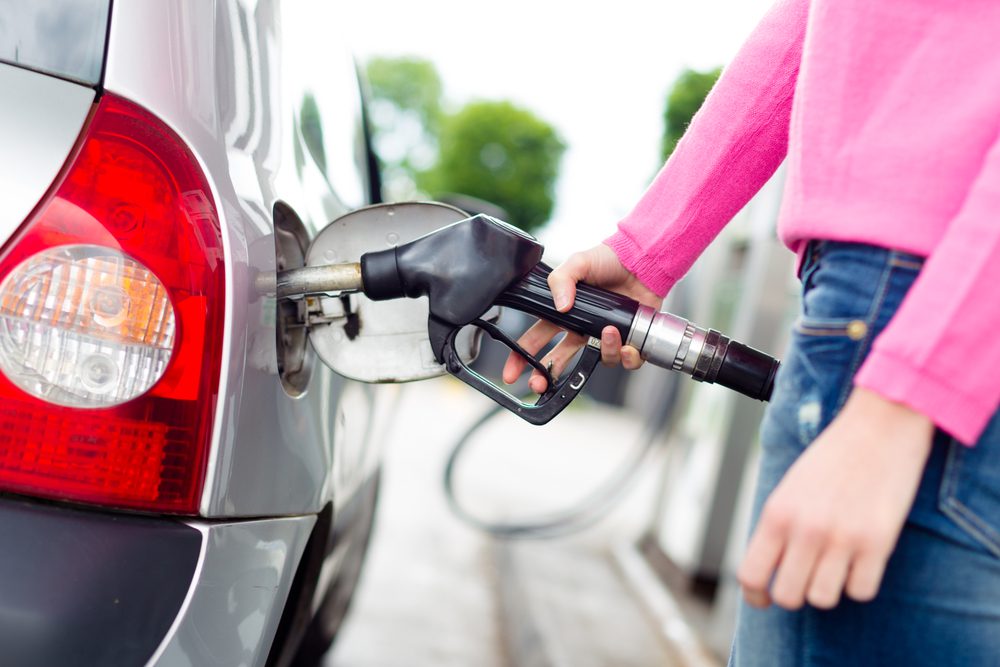The Alliance for Automotive Innovation, a foyer team representing main U.S. automakers, together with the Detroit-3, has submitted a new challenge to the National Freeway Targeted visitors Basic safety Administration’s advised gasoline-performance expectations.
If handed, the new policy, titled the Company Common Fuel Economy (CAFE) proposal, would tighten emissions standards on a yearly foundation: 2% for passenger autos and 4% for SUVs and pickups. Very last thirty day period, the alliance argued that the automotive field would experience large monetary losses below these procedures, estimating that the fines on your own would price much more than $14 billion by 2032. Now, the group is warning that the NHTSA’s gasoline-efficiency prosal would increase automobile price ranges as substantially as $3,000 in much less than a ten years “with totally no environmental or gas personal savings benefits.”
Though the company has but to publicly react, in previous statements, it has pointed out that automakers could steer clear of fines by promoting much more electric powered vehicles, offsetting emissions from product sales of gasoline-driven styles. The intention of the CAFE bill is similar to that of the California Air Means Board (CARB), which seeks to close gross sales of internal combustion engine autos by 2035 (excluding hybrids). By tightening fuel-effectiveness requirements and fining firms for non-compliance, point out and federal governments can location further pressure on the automotive industry to accelerate the EV transition.
The Biden Administration is also incentivizing electrification in the form of tax credits, which are only obtainable to makers that build their cars on U.S. soil with resources sourced from American suppliers and decide on trade companions. As this kind of, there is minimal explanation for the NHTSA to consider significant take note of the alliance’s new arguments.
Though the automotive sector has broadly lent its guidance to a zero-emission long run, the velocity of this transformation proceeds to be a sticking point for organization insiders, including employees, dealers, companies, suppliers and executives. However, it seems not likely that the industry can resist larger fuel-efficiency requirements in perpetuity. The dilemma of climate alter is not a organization issue but somewhat a social problem, one which a increasing bulk of Individuals get significantly. Presented that automakers have experienced sizeable time to handle auto emissions but have unsuccessful to do so, it is rarely astonishing for lawmakers and regulators to power their hand.

